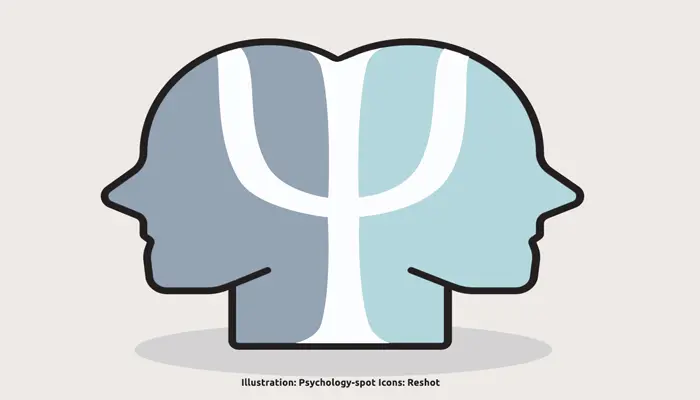
Interpersonal relationships are a complex art that involves to balance giving and receiving. We give love. We commit. We sacrifice ourselves. We invest our time. We bare our emotions. We strive. And we hope to receive the same in return.
This expectation of reciprocity is based, fundamentally, on the belief in a kind of universal justice. We believe that, sooner or later, everything we have given will be returned to us. We are convinced that the universe, in some way, keeps a kind of ledger where it records our good deeds and, sooner or later, will take care of returning them to us.
However, that transactional mindset will only lead to frustration and disappointment because life is unfair, the universe doesn’t keep a ledger, and people don’t always give us back what we give them.
The principles underlying the transactional mindset
Many people unconsciously develop a transactional mindset. That kind of mindset is based on two fundamental principles:
1. Value the transaction over the relationship. The person with a transactional mindset focuses more on what will receive than on the quality of the relationship he is establishing. He gives love because expects to receive love. He helps the other because hopes the other will help him at some point. He compromises because hopes they won’t leave him alone. He turns the relationship into a kind of “investment account” in which he only deposits attention, care and time because expects to receive exactly the same in return.
2. Prioritize your own needs over those of theothers. Although people with a transactional mindset may seem very committed and self-sacrificing, their end goal is actually “commercial.” They establish relationships hoping that the others will satisfy their needs and that, if necessary, they will be relegated to the background to prioritize them. Their approach is fundamentally self-centered because they try to use the others as chess pieces that they can move as they please.
These people believe that helping and loving is a kind of a blank check that the others must be willing to pay at any time. Their transactional mentality prevents them from understanding that help and love are not merchandise for exchange and that they are given without demanding or expecting anything in return.
The transactional mindset trap
The main problem with the transactional mentality is that the person subordinates relationships to the benefits that he can obtain. Understands interpersonal relationships as an exchange to profit from, emotionally. However, they are unlikely to acknowledge their ulterior motives as that transactional mindset is so ingrained that they believe it to be normal and to be expected.
However, in reality it is about people who are not able to satisfy their needs and try to satisfy them through the others. They hate loneliness and seek someone to keep them company. They do not love each other enough and are looking for someone who loves them. They do not take into account that the other person also has his priorities, needs and goals in life, which do not always coincide with theirs.
In the long run, the transactional mindset tends to make such people overly demanding. They are specialists in making the other feel bad if they do not get what they want by resorting to different techniques of incriminating manipulation.
In fact, relating to a person who has this type of mindset can be very confusing and frustrating. It is likely that our instincts make us distrust that generosity, dedication and sacrifice. However, this mistrust can also make us feel guilty, as if we were ungrateful, after “everything they have done for us.”
What happens is that these people “catch” us in their networks. Although we are not always fully aware, in a certain way we intuit that we are contracting relational debts that we will later have to pay at a high price.
Do not expect to receive what you give, give what you are
The alternative to the transactional mindset is to cultivate a sensitive mindset. When we assume a sensitive mentality we are able to put ourselves in the place of the other, instead of adopting a self-centered posture. We stop tying up the others with relational debts in exchange for our favors. We understand that no one owes us anything.
We begin to understand that while we do not receive everything we give, we give what we are, and that is what really counts. So we stop looking for love and we give love. We stop looking for company and we offer company. We stop looking for support and we provide support. It is not a simple terminological change but a change in mentality that is reflected in our behavior.
The sensitive mind helps the other because that act makes him feel good, not because expects to receive something in return. We have to stop “marketing” relationships and counting favors. Then we can celebrate as a great gift each gesture of love, each small sacrifice and each reciprocated commitment.



